Every week The Slovak Spectator brings you a selection of three short stories from across Slovakia from which pessimism and negativity are absent.
A mysterious creature? Or a balloon?
Back in early October, a group of mountain climbers spotted an unidentified object in the waters of Veľké Hincovo Pleso, a mountain lake in the High Tatras mountains. They described it as a big white creature coming to the surface of the water. They were climbing a rock wall directly above the lake, and had stopped to rest some 150 metres above the lake's surface.
“I thought my vision was bad, when I saw something rise to the lake’s surface,” Pavol Jackovič, one of the mountain climbers, told state broadcaster STVR. “It must have been something very big if one could see it from such a height. My estimate was that it must be at least three to four metres long.” The climbers neglected to take any photographs of the "creature".
The story immediately sparked discussion about what the men might have seen. One of them suggested it could have been a beluga sturgeon, which can live for more than 100 years and grow to as long as eight metres.
However, the Administration of the Tatra National Park (TANAP) called this theory "not very probable", explaining that the environment in the lake, which is the biggest and deepest mountain lake of glacial origin in the High Tatras, is very hostile, and its surface is covered with ice for 270 days a year, STVR reported.
The explanation might be rather simpler. An amateur radio operator told STVR that it could have been a weather balloon whose signal he received back in May. It subsequently disappeared somewhere above the mountain lake.
“It seems the meteorologists lost their weather balloon there,” said Ivan Šoltýs of the TANAP Administration, as quoted by STVR. “It can come up to the surface because there is a polystyrene part, so it can emerge and float.”
Emigration Museum launches new attractions
A replica of an ancient barn, a new observatory, a bread oven, an historical bee house, and new trees with old varieties. These can all be found in the recently opened Garden of Slovak-American Cultural Heritage, situated in the Emigration Museum in Ťahyňa, part of the village of Pavlovce nad Uhom near the border with Ukraine. In total, it houses 4,000 exhibits brought from the USA and Canada.
Part of the new exhibits is a tractor brought from the USA.

“One gentleman brought it over about 100 years ago,” said Martin Javor, founder and owner of the museum, as quoted by the TASR newswire. “When the communists took power, he buried it so he wouldn’t have to give it to the collective farm.”
The observatory, called ŤahyŇASA, alludes to Eugene Cernan, an American astronaut who had Slovak roots , while the bread oven was inspired by similar ovens used in America.
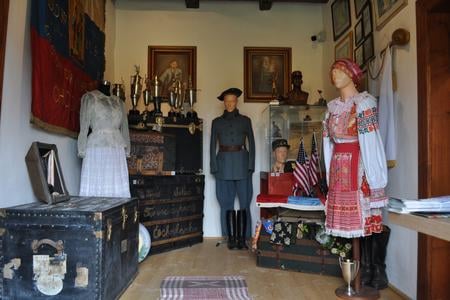
The project was supported by the Košice Self-Governing Region, which provided €35,000 from its Terra Incognita grant programme. The garden and the bee house should be open to visitors non-stop, while visits to the observatory must be booked via phone or online. The oven will operate during special events, TASR reported.
Slovaks become world champions in minifootball
Slovakia has achieved another sporting success, after dominating the U23 World Cup in Minifootball, held in Croatia in early October. Minifootball is a six-a-side version of the world game, normally played on an artificial surface like AstroTurf.
The team defeated the Czech Republic 3:2 in a nail-biting final that culminated in a penalty shootout, the Sportnet.sme.sk website reported.
In addition, Slovak players earned individual accolades, with Marián Sabolčík named the tournament’s best player. Filip Tomovič also made headlines, securing the title of top scorer after netting seven goals.
At the same time, the Slovak team at the Women’s World Minifootball Cup won bronze, after defeating Czechia.
Five feel-good stories published by The Slovak Spectator to read:
My art isn’t intended to be political, but it’s becoming increasingly difficult to avoid making political statements, says the creator of a popular lizard, emblazoned with the phrase “A ty chuje” on walls, bridges, and lampposts.
Sarah Hinlicky Wilson, a third-generation Lutheran pastor and a Slovak-American, recalls how her ancestors settled in the USA and what their life in a new home was like. She also remembers their visits to Slovakia.
Famous Austrian confectioner Franz Sacher used to live in what is today south-western Slovakia. The historical building where his family lived was recently renovated.
The Prešov-based company Tomark is a respected player in Slovakia’s engineering industry. It builds truck trailers, but also develops light aeroplanes that are exported worldwide.
Slovak ice-hockey player Martin Pospíšil has experienced a great start to the current NHL season. He has even been named the fastest player.
Political meme of the week
This political meme, authored by the caricaturists known as Hej, ty!, alludes to a recent visit by Smer MEP and Russia admirer Ľuboš Blaha to Moscow. It prompted extensive coverage by the Russian media, as in the current geopolitical situation, visits to Russia by politicians from the EU have become exceedingly rare. In a series of propagandistic posts on social media Blaha rehearsed his longstanding praise of Russia as “beautiful, wise and advanced” and, in comments to Russian state newspaper Rossiyskaya Gazeta about Russia's war in Ukraine, stated that "the Anglo-Saxons" are enjoying the war and condemned American and British arms manufacturers for profiting from it. In fact, Slovak firms, including a government-owned arms manufacturer, are leading suppliers of artillery and ammunition to Ukraine. Slovakia is a member of NATO and the EU, which both support Ukraine. Russia's all-out invasion of Ukraine in February 2022, which continues to this day, has maimed and killed hundreds of thousands of people.
You can send me your tips on good news stories about Slovakia or funny memes at: radka.minarechova@spectator.sk. Thank you!



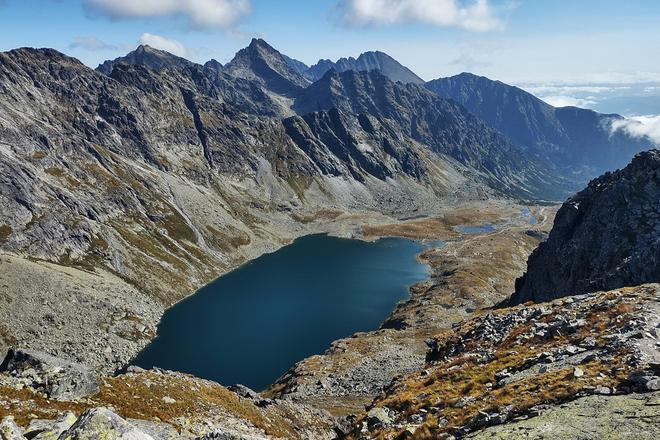 Veľké Hincovo Pleso mountain lake, as viewed from Kôprovský Štít peak. (source: Matúš Beňo)
Veľké Hincovo Pleso mountain lake, as viewed from Kôprovský Štít peak. (source: Matúš Beňo)
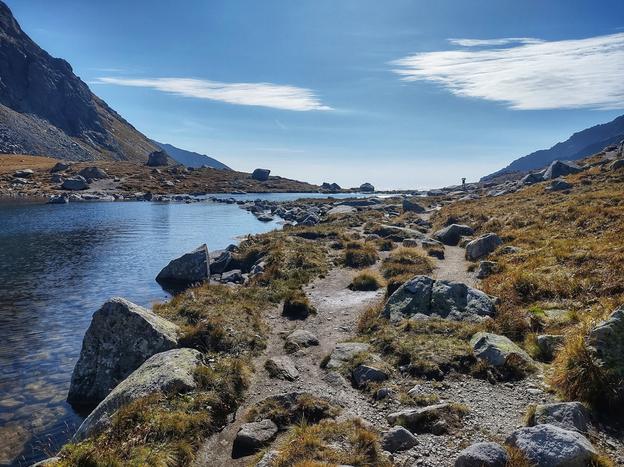 Veľké Hincovo Pleso (source: Matúš Beňo)
Veľké Hincovo Pleso (source: Matúš Beňo)
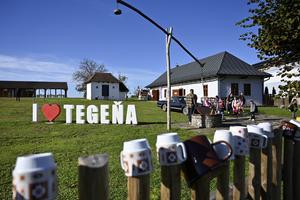
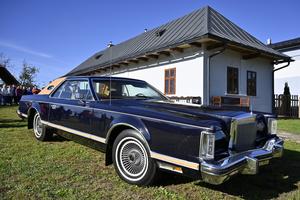
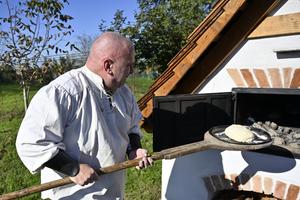
 The Slovak team defeated their rivals from the Czech Republic in the minifootball world championship finals. (source: Slovenský zväz malého futbalu)
The Slovak team defeated their rivals from the Czech Republic in the minifootball world championship finals. (source: Slovenský zväz malého futbalu)
 Putin’s toy (source: Hej, ty! – Györe)
Putin’s toy (source: Hej, ty! – Györe)